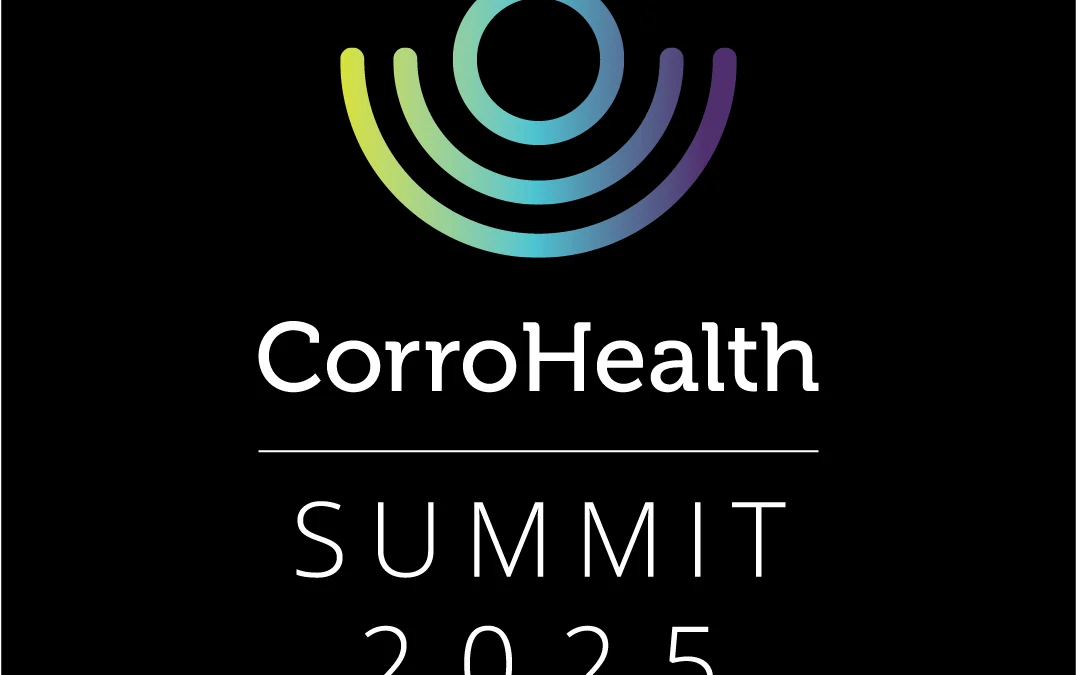In 2013, the Centers for Medicare and Medicaid Services (CMS) finalized the “Two-Midnight” Rule addressing when beneficiary hospitalizations are appropriate for inpatient payment under Medicare Part A. CMS adopted the “Two-Midnight” Rule to simplify the beneficiary admission decision establishing a new standard for selecting whether a beneficiary should be considered inpatient or outpatient. CMS stated its goals clearly: To ensure consistent application of Part A benefits to beneficiaries and to protect patients from inappropriate financial liability.
CMS’ 2016 OPPS stated that: “Under the Two-Midnight Rule, an inpatient admission is generally appropriate for Medicare Part A payment if the physician (or other qualified practitioner) admits the patient as an inpatient, based upon the expectation that the patient will need hospital care that crosses at least 2 midnights.”
Despite this guidance, many hospitals continue to rely on a “modified” legacy approach that requires hospital admissions to meet an inpatient “level of care” in order to justify a Part A claim. This legacy process drives erroneous billing by asking questions from the pre-Two Midnight Rule era such as “how sick is the patient?” and “how intense are the services being provided?” Under the Two-Midnight Rule, those questions are no longer relevant to the admission status decision. Rather, the new question should be “in the opinion of the treating physician, does the patient need to be in the hospital, and if so, for how long?” The decision is at the discretion of the treating physician responsible for the care of the patient, not commercial criteria, not artificial intelligence and (generally) not external physician advisors.
The legacy approach of continuing to rely on commercial screening criteria or “artificial intelligence” systems leads to erroneous short-stay inpatient and long stay observation claims. Both categories are likely to be higher, sometime much higher, than appropriate. This is exactly what the OIG Report found after analyzing hospital performance post Two-Midnight Rule. [See blog post on Vulnerabilities Remain Under Medicare’s 2-Midnight Policy.] Unfortunately, there remain many organizations and consultants who advise that meeting “inpatient criteria” or an arbitrary “risk score” is a justification for an inpatient stay, without regard for the physician’s expectation of duration of hospital services.
Although CMS expects most short stays to be observation or outpatient and longer stays to be inpatient, taking the position that 100% of cases that are less than 2 midnights are observation and 100% of cases that are over 2 midnights are inpatient also leads to non-compliance and revenue loss.
The key to success is identifying what types of cases need concurrent review, when to review them, and what questions to ask when you perform the review. Unlike the pre-Two Midnight Rule approach, the new “criteria” (or questions you must answer) differ depending on the type of case. CMS is remarkably clear in laying out their directions. Now it is up to us as providers to follow them.
Versalus Health is a physician-led organization whose team has spent the past 20 years working with physicians and hospitals to educate providers about Medicare regulations and simplify Medicare compliance. Versalus developed a comprehensive solution that leverages proprietary analytics and algorithms to enhance compliance and revenue integrity, provide unparalleled visibility, and to drive efficiency throughout the organization. Using analytics in this way might be considered artificial intelligence, we like to think of it as actionable intelligence.
















